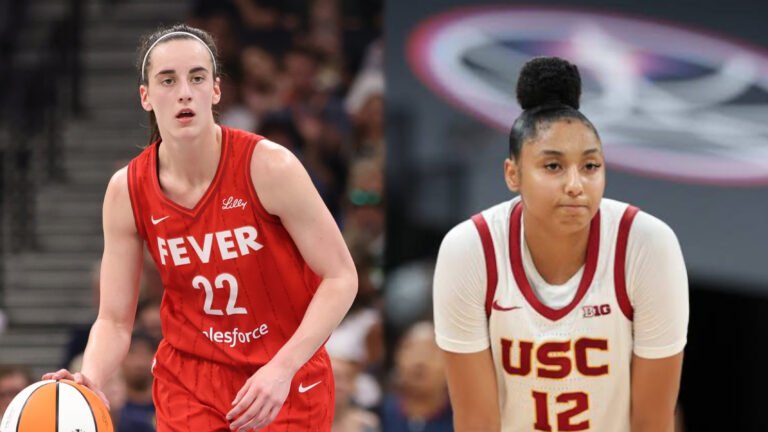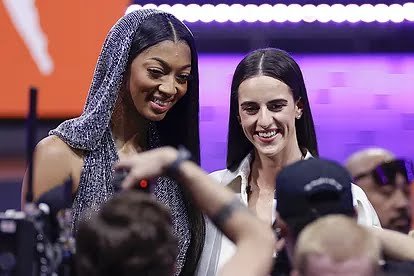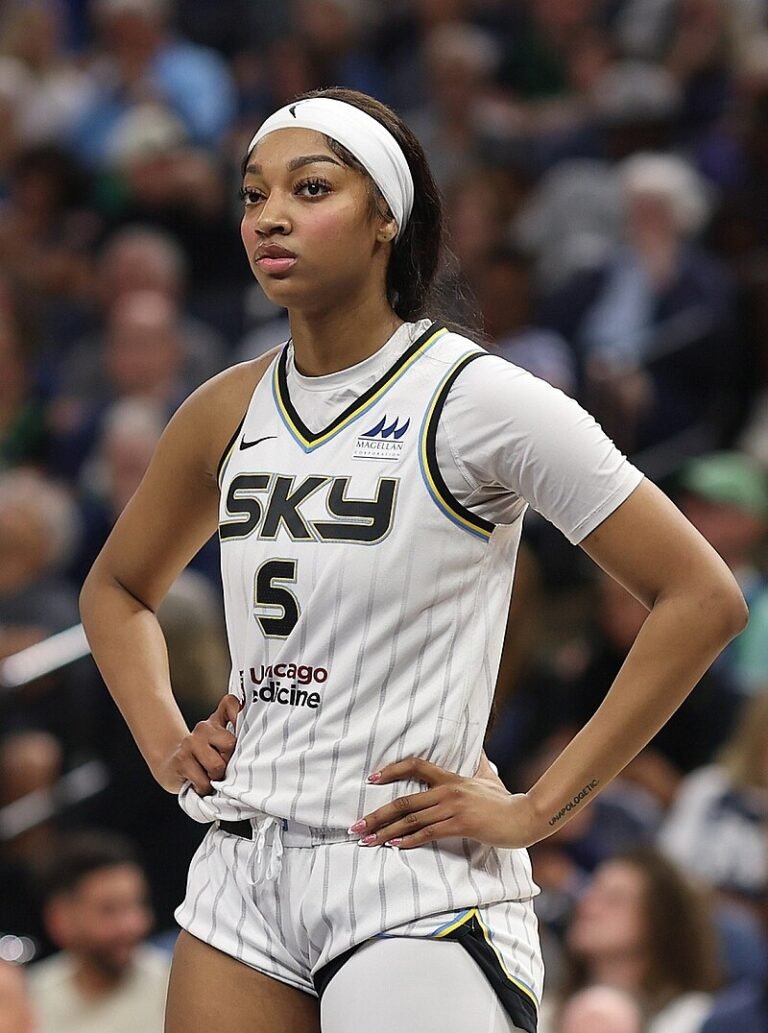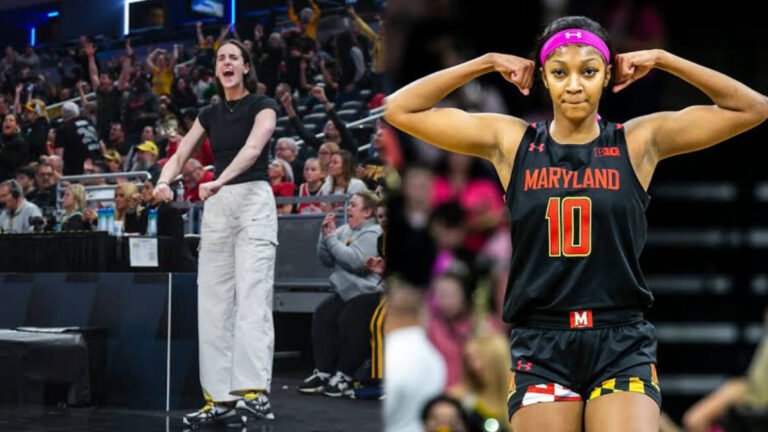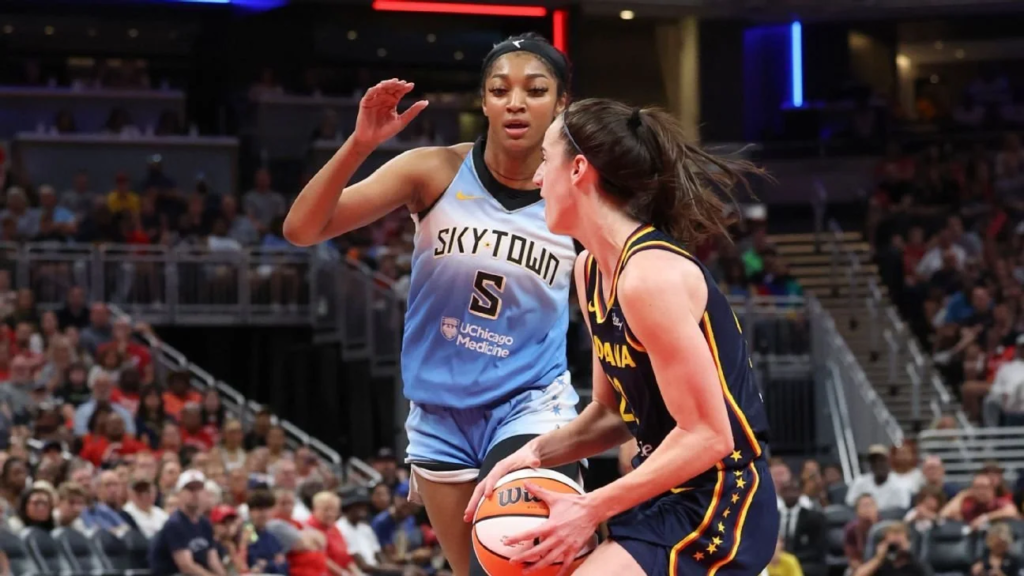
Angel Reese recently addressed Caitlin Clark’s bold comments about the NBA’s declining ratings, sparking fresh debate among basketball fans. Clark had suggested that the drop in viewership stemmed from a lack of physicality in the modern game, with players’ exceptional skills sometimes making their effort seem less visible. Reese, known for her unapologetic candor both on and off the court, didn’t hold back in her response. She questioned whether such observations truly address the core issues behind the ratings slump or merely scratch the surface of a deeper problem.
Reese emphasized that while physicality and style of play are factors, they are not the only elements driving viewer interest. “It’s not just about how physical the game looks; it’s about storytelling, personalities, and how players connect with fans,” she remarked in a recent interview. Reese argued that the NBA could benefit from highlighting player rivalries, personal stories, and behind-the-scenes narratives to create emotional investment for viewers. In her view, the league needs to focus on marketing its stars in ways that go beyond highlight reels and stats.
The Chicago Sky forward also took the opportunity to address comparisons between the NBA and WNBA, pointing out how the women’s league has leveraged star power, rivalries, and cultural moments to attract a growing audience. Reese credited the WNBA’s rising viewership numbers to the authenticity and relatability of its players, including herself and Clark. “People don’t just watch us for the game—they watch because they care about us, and that’s something the NBA could learn from,” she said.
While some fans interpreted Reese’s comments as a direct challenge to Clark’s perspective, others saw them as a complementary viewpoint. Both stars, despite their contrasting styles, seem to agree on one thing: the NBA must evolve with the changing dynamics of sports entertainment. Reese’s emphasis on narrative-driven engagement aligns with broader trends in sports marketing, where fans crave more than just on-court performance—they want connection, drama, and relatability.
As the conversation around NBA ratings continues to heat up, Reese and Clark’s voices add valuable insight into the ongoing debate. Their differing perspectives highlight both the complexity of the issue and the importance of diverse viewpoints in finding a solution. With the NBA’s $76 billion broadcast deal looming, the league faces a critical moment to redefine how it captures and retains its audience—and voices like Angel Reese’s will undoubtedly play a role in shaping that future.

